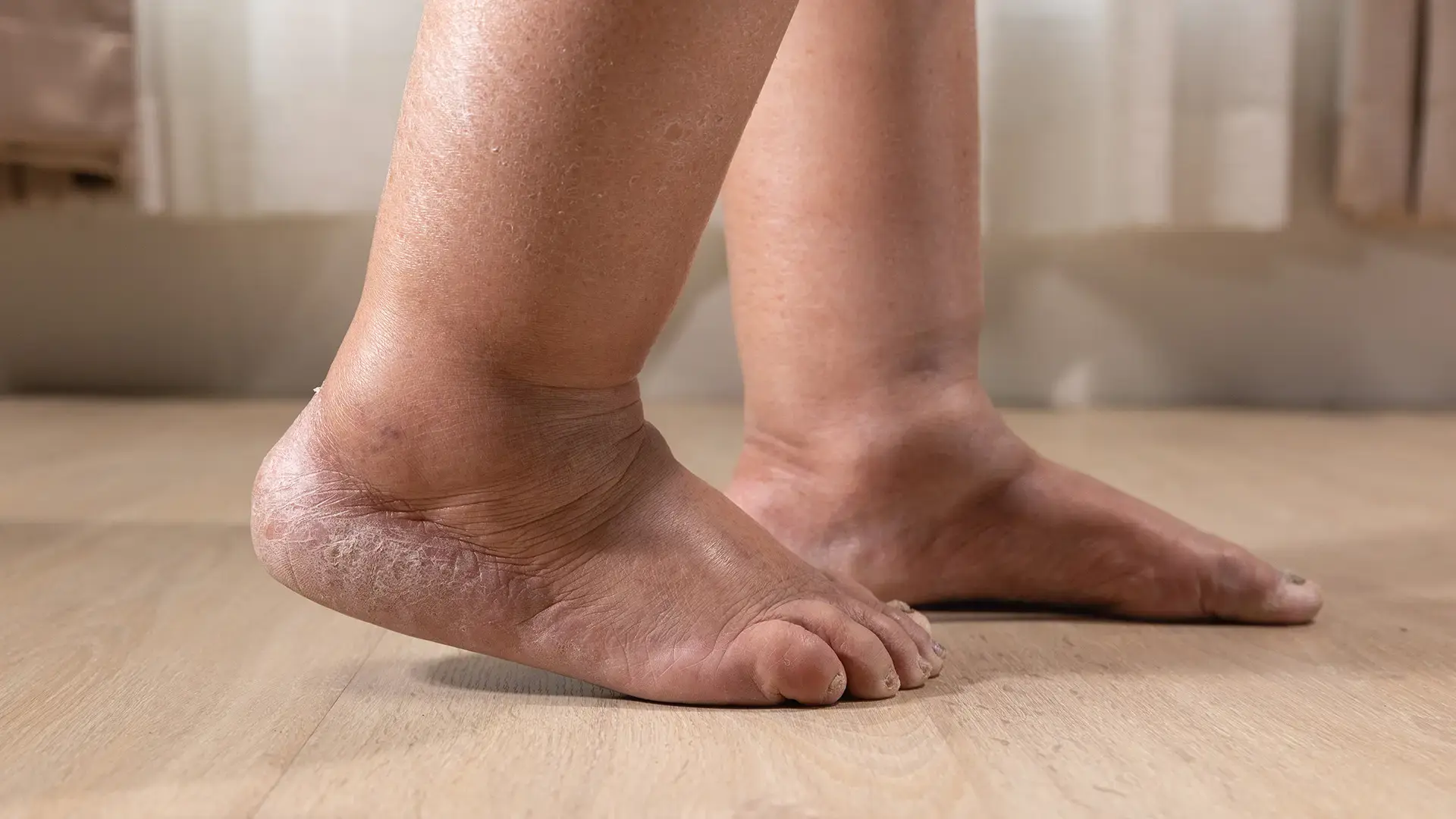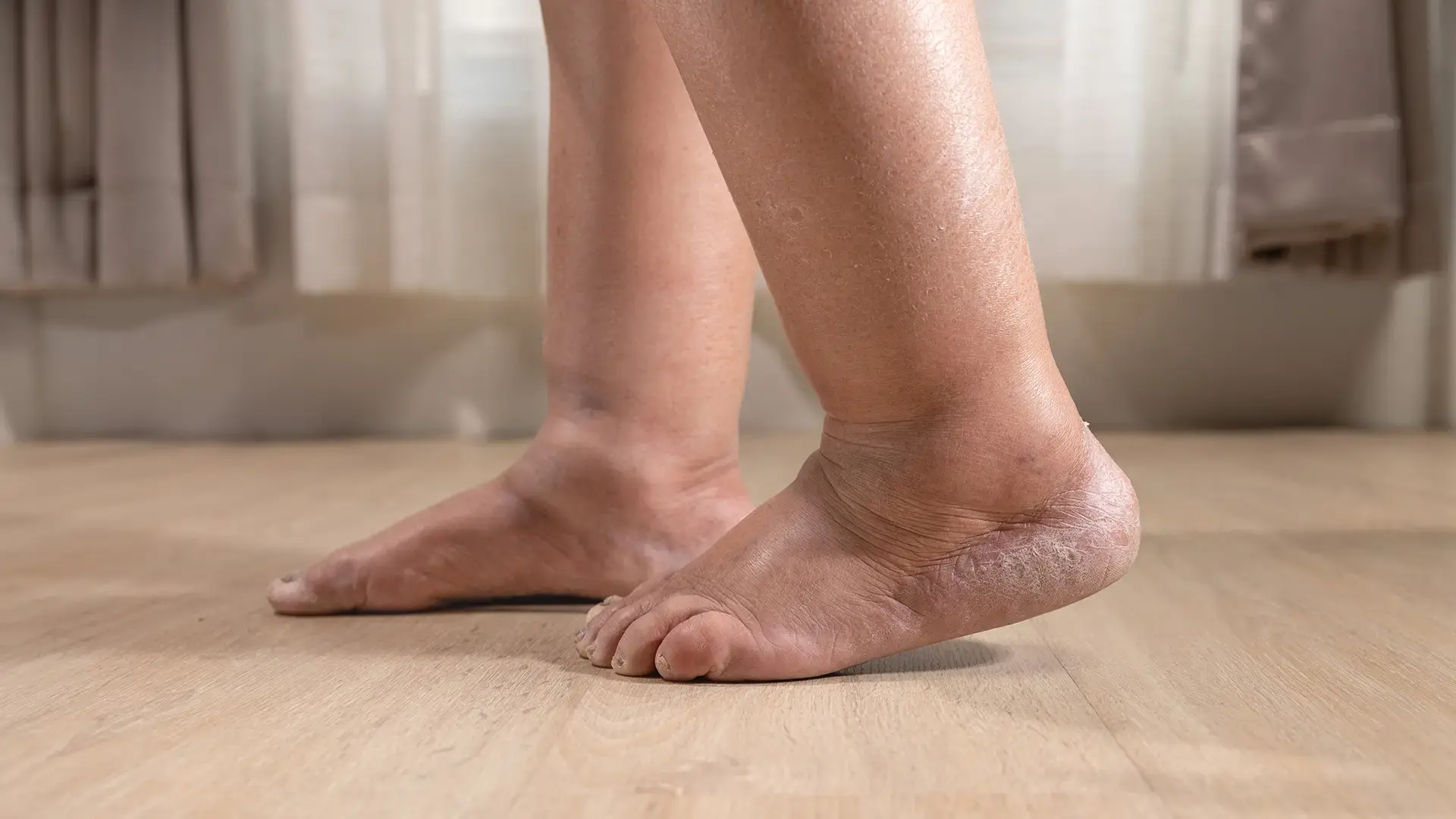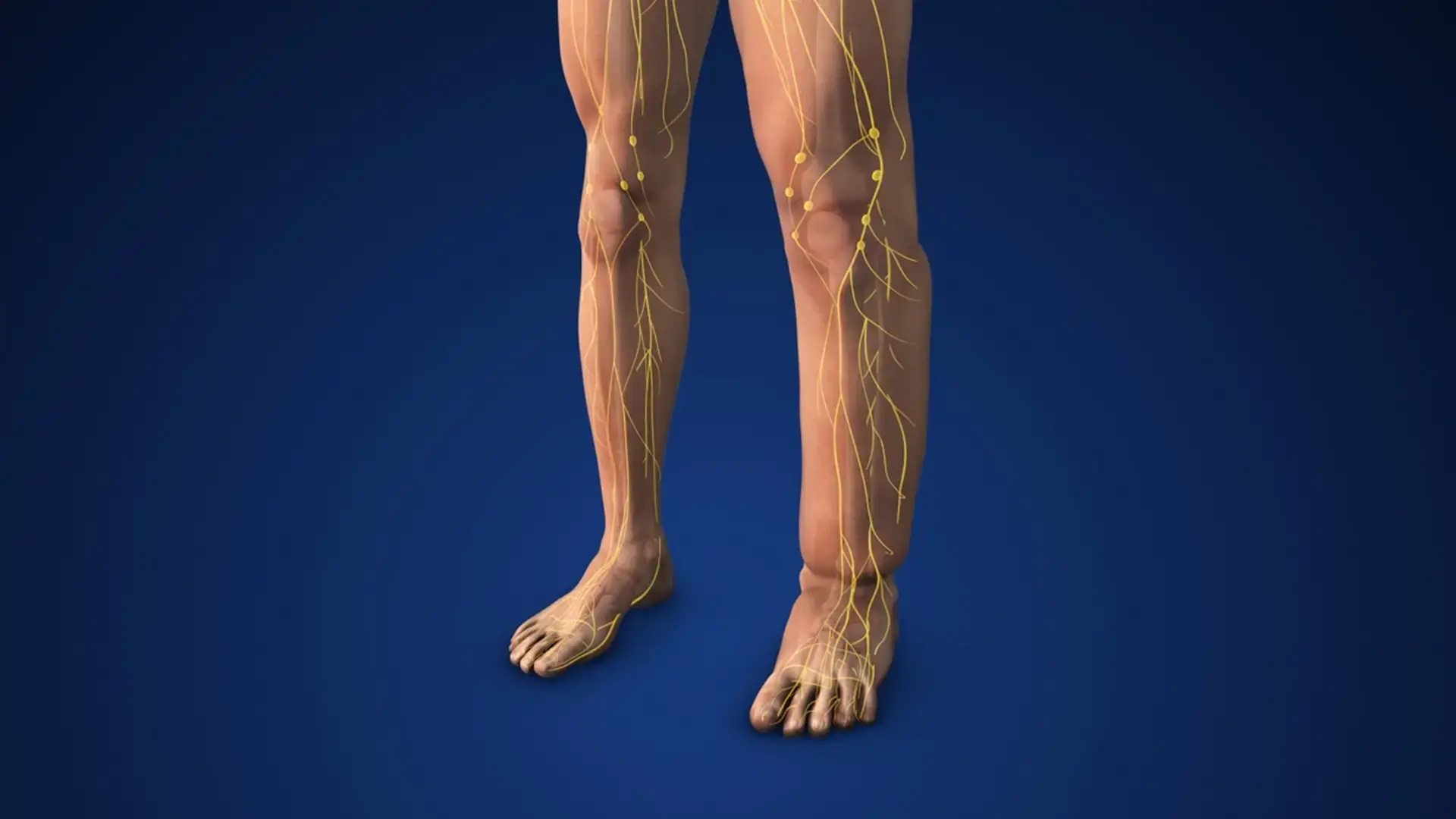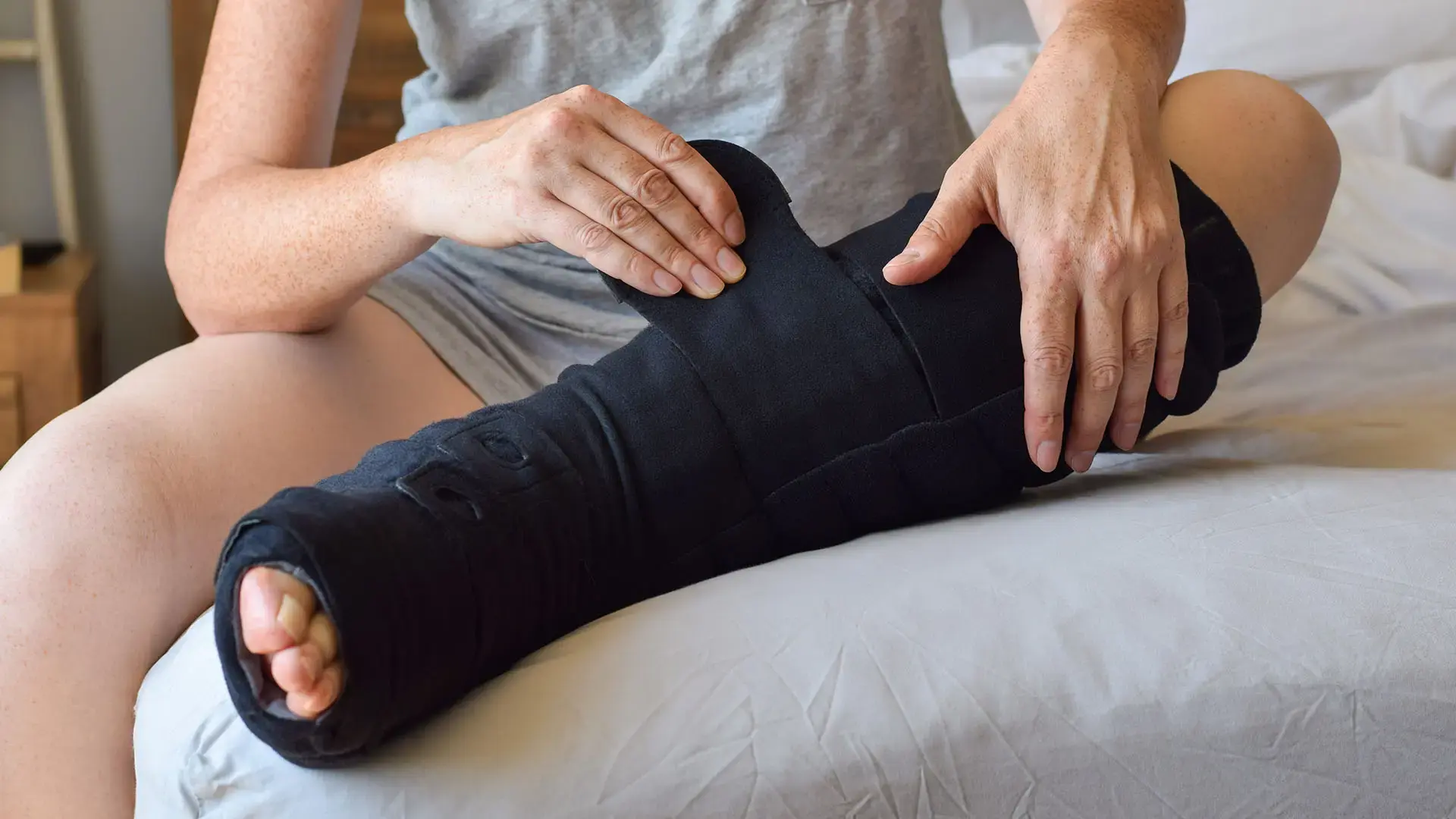March is Lymphedema Awareness Month
Lymphedema currently affect millions of people worldwide, however, many people are still unfamiliar with this condition and the available treatment options.
Lymphedema is a chronic condition that often manifests as an abnormal buildup of fluid, most commonly in the arms or legs. This swelling may be present at birth or develop without a known reason. Lymphedema can also develop as a result of another condition or treatment that damages the lymph nodes or lymph vessels, such as cancer treatment. Initially reversible, lymphedema typically progresses to irreversible, restricting range of motion and limiting activities of daily living.
One of the most common causes of lymphedema occurs when lymph nodes from the underarm, called axillary lymph nodes, are damaged or removed during a mastectomy or lumpectomy for the treatment of breast cancer. This was the case for 51-year-old Karen Bradley, a veterinarian from Vermont. Karen was diagnosed with breast cancer, had a bilateral mastectomy and developed lymphedema in the right arm. She underwent reconstruction in her home state with tissue expanders but suffered multiple infections and salvage attempts.
Karen then found Dr. Russell Ashinoff, who performed a DIEP flap breast reconstruction for her right breast and treated her lymphedema. Dr. Ashinoff performed a lymph node transfer and Lymphaticovenous Anastomosis. A lymph node transfer is when Lymph nodes are harvested from one area of the body and transferred to the area of lymph node deficiency, improving drainage of the affected limb. The nodes are mapped prior to surgery to avoid causing lymphedema at the donor site. Lymphaticovenous anastomosis (LVA) is an advanced microsurgical procedure designed to create alternate routes for excess lymphatic fluid to exit the affected limb.
Dr. Ashinoff and his team aim to raise awareness and spread hope for lymphedema not only this month, but all year long. His hope is that people worldwide will be able to receive treatment for lymphedema and that insurance companies will consider expanding coverage for these procedures that many patients need desperately to increase their quality of life.
“Lymphedema continues to impact the lives of millions of people throughout the world, and there is no cure,” says Dr. Ashinoff, “My goal as a lymphedema surgeon is to not only provide patients with surgical treatment options, but to also be an advocate for patients, spreading awareness of lymphedema and the treatment options that are available. The surgical procedures that we offer have the potential to significantly improve quality of life for patients.”
World Lymphedema Day is March 6th, with events and efforts taking place throughout the month of March. This day, founded by The Lymphatic Education & Research Network, aspires to make cures for lymphedema and lymphatic diseases a global priority. To learn more and get involved, visit: https://lymphaticnetwork.org/wld/










